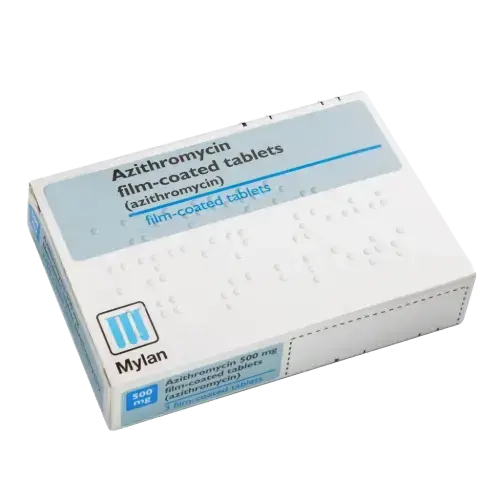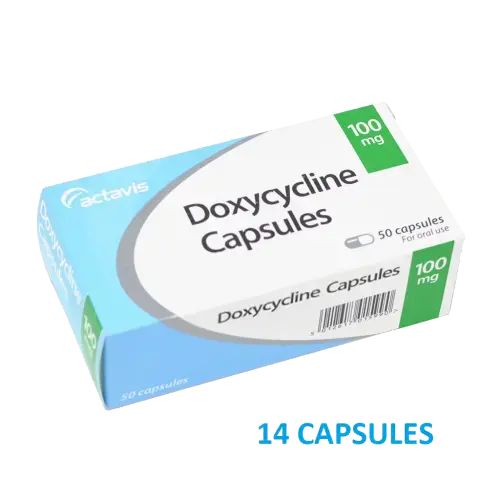Chlamydia Treatment Maintaining your sexual health is vital and practising safe sex is always advised. Sexually transmitted diseases can cause some serious complications to your health and should be treated immediately by your GP or local GUM clinic. Chlamydia is a bacterial infection that is treated by a simple course of an antibiotic, either Azithromycin or Doxycycline. Symptoms can take up to 2 weeks to subside but treatment will prevent further complications if treated in time. A sexually transmitted infection (STI) is an infection passed between people during sexual intercourse and general sexual contact. You can be tested for STIs at either a sexual health clinic, GUM clinic or at your GP’s surgery. You can protect yourself from STIs by using barrier methods of contraception such as condoms. People don’t always suffer from symptoms and can have a sexually transmitted infection for a long time before they realise they are infected. What is Chlamydia? Chlamydia is a bacterial infection caused by the Chlamydia Trachomatis bacteria. It’s one of the most common sexually transmitted infections (STIs) found in the UK. It is spread from person to person through unprotected sex and is particularly prevalent in sexually active teenagers and young adults. The infection affects both sexes, but women are more at risk of infection than men. In total, there were 200,288 chlamydia diagnoses in 2015 which is approximately half of all STIs that were reported in that year alone (FPA). Symptoms of Chlamydia The most common symptoms are: Pain when urinating In women, pain or bleeding during sex, heavier periods or bleeding between periods In men, testicular pain Throat infection (oral sex) Unusual discharge from the penis, vagina or rectum Most symptoms will appear very shortly after transmission, however, in some cases, Chlamydia can remain without symptoms for years. This is why it is very important to get tested if there is a suspicion that you could have caught the infection i.e. if your condom splits. You should also make sure you are tested if you or your partner: are having unprotected sex with a new partner have symptoms are having unprotected sex with other people another STI are pregnant or planning pregnancy How Do I Check if I Have Chlamydia? The infection is diagnosed a urine test. The tests can be done by your GP, local genitourinary clinic (GUM) or sexual health clinic. You can also get a private test done where you post a urine sample to the company. Results are usually back within 7-10 days. If it turns out you have Chlamydia, it is very important your previous sexual partners (last 6 months) are also tested. GUM clinics can help with this and offer a service where you do not have to contact partners directly. A representative at the clinic can do so (FIND YOUR NEAREST ONE HERE). What Happens if I Have Chlamydia But Don’t Treat it? Untreated Chlamydia infection can lead to some very serious health consequences, for example, a type of reactive arthritis or even infertility. It can also cause: The development of other STIs such as gonorrhoea and HIV Pelvic Inflammatory disease (PID) in women, which can lead to infertility Epididymitis in men Is Chlamydia Easily Treatable? Yes. Uncomplicated chlamydia infection can be treated in 95% of all patients with a short antibiotic course. There are 2 main antibiotic options in the UK. Doxycycline (tetracycline) 7-day course: 100mg twice daily for 7 days - THIS IS 1st LINE TREATMENT for Chlamydia. Azithromycin (macrolide) 3-day course: 1g given as a single dose on the 1st day, followed by 500mg taken daily for two days. Both are effective treatments that work in different ways to achieve the same goal. The main deciding factor should be suitability. The shorter course is always preferred; however, some patients will not be able to take macrolide antibiotics and thus Doxycycline will be more suitable.
Learn More...- Shop/Treatments
- Prescription Treatments
-
- View All Treatments

-

-

-

-

-

-

-

-

-

-

-

-

-

-

-
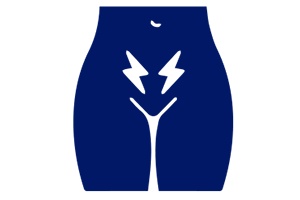
-

-
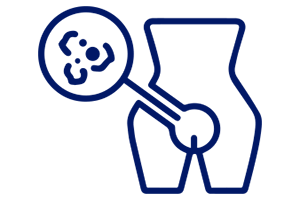
-

-

-

-

-

-

-

-

-

-

-
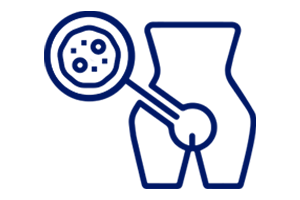
-

-
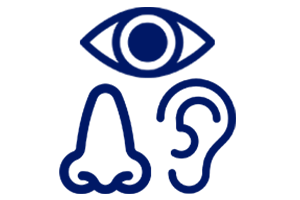
-

- View All Treatments

- View All Treatments
-
- Pharmacy Shop
-
- View All Treatments

-

-

-

-

-

-

-

-

-

-

-

-
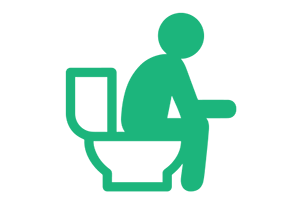
-

-
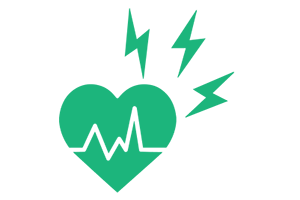
-

-

-
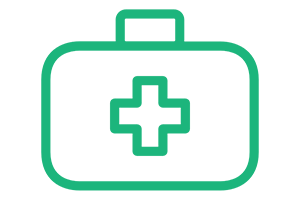
-

-
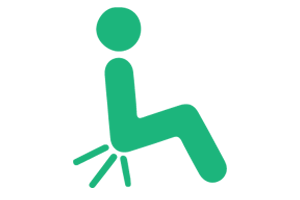
-

-

-

-
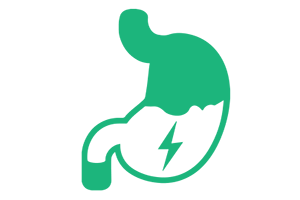
-

-

-

-
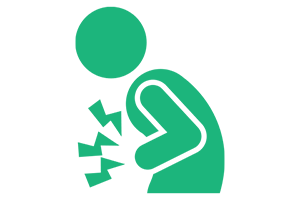
-
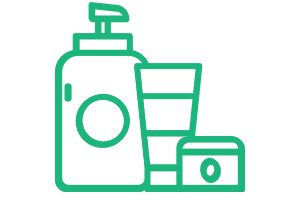
-

-

-

-

-

-

-

-

-

-

-

-

-

-

-

- View All Treatments

- View All Treatments
-
- Emergency Medications
- Premium Supplements
- Prescription Treatments

 Account
Account












